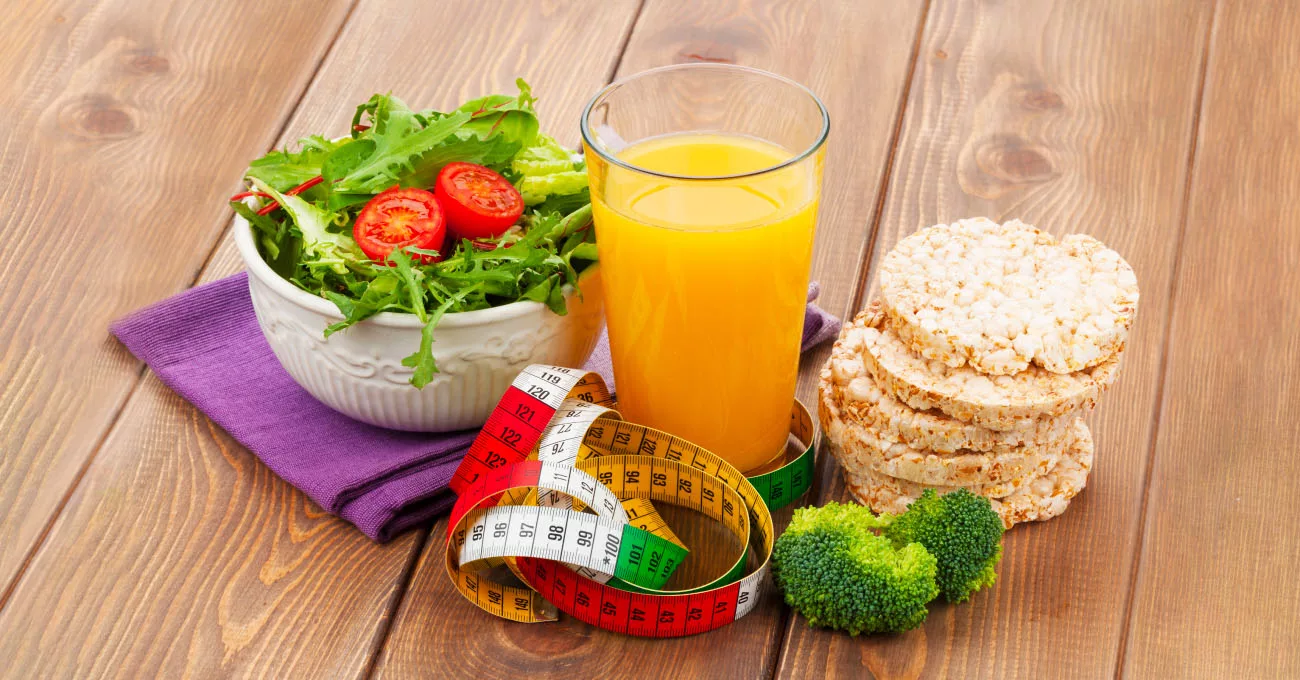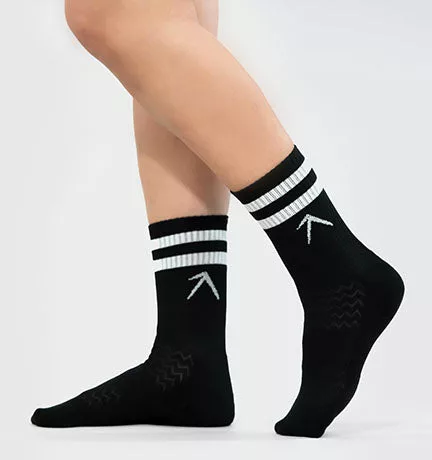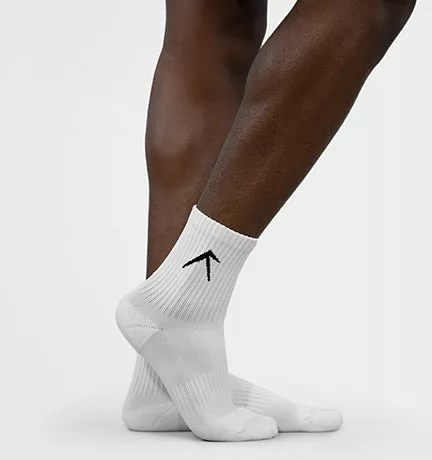We all know that fat is bad for you and veganism is super-healthy, how true is this? We’re constantly being fed a ton of information about the food we consume, including plenty of “facts” we take as such, without even questioning. When it comes to nutritional advice online and in print; myths and misinformation are rife; from tabloid headlines warning that soy causes cancer to influencers selling juice cleanses as a panacea, it can be hard to know what to believe amidst the noise.
Today’s article tackles the most common food myths with a dose of science and a dash of common sense. Without further ado, let’s dive in.

- Myth 1: Carbs Are Bad
Carbohydrates break down into sugar, or glucose, that your body uses as energy. It’s true that not all carbs are the same but focus less on whether you eat high or low amounts and focus more on the types of carbs you are eating.
There are two types of carbohydrates to consider: simple and complex.
Simple carbohydrates have one or two sugars and a simple chemical structure. Your body quickly breaks down simple carbs, which causes a rise in your blood sugar. Refined grains like white rice and flour also contain simple carbs.
Complex carbs have three or more sugars in a complex structure. Your body takes longer to digest these, so they cause a slower, more gradual rise in your blood sugar. Fruits, vegetables, beans, legumes, and whole grains are all complex carbs.
Instead of cutting out carbs, it’s better to replace refined grains with whole grains and eat food with healthy carbs.
- Myth 2: Use unrefined sugars, such as honey, maple syrup, or coconut sugar in place of white table sugar
Sugar is sugar, our body can hardly tell the difference between unrefined and refined sweeteners as both are a blend of sugar. Although unrefined sugar options may contain a small number of vitamins and minerals, they are not a significant source of any nutrients other than calories from sucrose.
The calories and sugar content outweigh the advantages of antioxidants, vitamins, and minerals.
- Myth 3: Fat Is Bad
The truth is that you need fat to survive. Fat has essential nutrients and energy. It is important for making hormones, for immune function, and for absorbing nutrients. You need fat in order to absorb vitamins D, A, E, and K.
Instead of cutting out all fats, focus on eating the right kind. More specifically, it is advised that you cut down on saturated fats, and substitute these with healthier, unsaturated fats found in avocados, nuts, seeds, and oily fish.
- Myth 4: Certain foods can burn fat
You may have heard that a shot of apple cider vinegar can burn stubborn fat, sorry, no food burns fat, make you lose weight more quickly, or increase your metabolism enough to have an effect on weight loss.
Regardless of what influencers or the diet industry may tell you, the key to weight loss is monitoring the quality and quantity of the calories you are consuming and making lifestyle changes.
- Myth 5: Gluten-Free Is Healthier
Unless you have gluten sensitivity, coeliac disease, or a wheat allergy, there is no convincing evidence that a gluten-free diet can benefit your health. Whole-wheat products have great nutritional benefits, including essential B vitamins and fiber.
Gluten is a protein in wheat and other grains. If you are eating a gluten-free diet but don’t have gluten intolerance, you might be missing out on vitamins, minerals, and other nutrients in grains that are good for your health.
- Myth 6: Dairy Is Unhealthy
Dairy products are an excellent source of protein, vitamins, and minerals, including calcium. Lots of milk products have added vitamin D that can help build strong bones, especially when it’s combined with the natural calcium content.
Dairy also contains other important nutrients for bone health, such as phosphorus, magnesium, vitamin D, and protein.
When it comes to overall health benefits, it seems that dairy is neither a hero nor a villain. Adding some dairy to your daily diet — a splash of milk in your coffee, or a slice of cheese on a sandwich — can help you get some of the vital nutrients you need.
- Myth 7: Juice Is Healthy
The health food industry says that drinking juice is healthier than eating fruits or vegetables, but this is not true. Juice has lots of sugar and some juice products contain as much sugar as a can of soda. When you drink juice made from fruit instead of eating the fruit itself, you get a lot more calories and it doesn’t fill you.
Eating a piece of fruit gives you fiber that helps you feel full and provides essential vitamins.
Bottom Line
Before you follow the latest diet trends, believe common food myths, or cut out whole groups of foods, it’s a good idea to talk to a dietitian or your doctor about what’s right for you.
At Wizard Athleisure [3], we understand that it is a new era post-pandemic. Health, fitness, and lifestyle are at the top of the entire global population’s priorities. It’s time for everyone to step up, do their part and stop believing in these myths and enjoy a healthy lifestyle.
Do you have any more interesting or silly food myths? Tell us in the comments!
Reference:
- Cheryl Whitten, https://www.webmd.com/diet/features/food-myths
- https://atlasbiomed.com/blog/10-common-diet-and-nutrition-myths-debunked/
- https://www.wizardathleisure.com Welcome to the world of Wizard Athleisure. We are an ethical active-wear and lifestyle brand with a focus on technology, sustainability, and empowering our diverse audience.















